Corners cut by Saudi Aramco has affected safety of employees
In 2017, Alwyn Whitcher took a job with Saudi Aramco, the kingdom's oil giant. Three years later, the South African engineer was buried in a landfill-like site after he died of COVID-19. His wife, Kareen, says that the Saudi oil company denied Alwyn medical treatment when he first fell ill with the deadly virus in June. In her words, "If they had treated him properly early on, or sent him to a proper hospital, I’m convinced he would have survived."
Critics say that the tragic story of Alwyn Whitcher is rather common at the world’s largest energy company and the backbone of the kingdom's economy.
Whistleblowers, mainly former employees at Aramco, say the Mecca for oil engineers is not what it is made out to be. For years, many foreigners were eager to work at Aramco with its high salaries and big bonuses.
Incompetence compounded by racism
They say that bullying and mistreatment of expatriates, mismanagement and racism are the current realities on the ground. The Company has laid off hundreds of foreign workers, restricted overtime pay and holiday leave. Insiders say they have to work more for less. As a result of the coronavirus pandemic, Saudi Aramco has had to cut corners. This has affected the safety of the employees.
According to a current worker at the company's Jizan refinery project, who spoke to the Financial Times on condition of anonymity, "The way it is going, this refinery runs a real risk of becoming Saudi Arabia’s Piper Alpha," referring to the 1988 disaster that killed 167 workers on a North Sea oil rig. "There’s been a multitude of sins. People have been pressured to sign off work without the proper systems checks. It’s got inherent issues that have been covered up or patched over that pose a real safety risk."
With Aramco, which is I said one of the richest companies in the world! You know this is 'terror button' shows that their priorities are misplaced. And of course also indicates they are under a lot of pressure to meet deadlines through having, you know, serious reduction in the amount of money they have. And of course they're being pressured by the Crown Prince and other Saudi officials to get rid of foreign workers and to nationalize their economy. But in the rush to do so they are taking risks and these people are not necessarily skilled. And, and of course they don't like criticism, so like many other people in countries they think they know everything but that is not the case, especially when you're dealing with a highly technical and dangerous industry like the oil extraction industry.
Edward Corrigan, Human Rights Lawyer
"Saudisation" of the kingdom's workforce
Some say the mistreatment of the expatriates at Saudi Aramco is a result of the Saudi Crown Prince's "Saudisation" of the kingdom's workforce. In 2019, youth unemployment was above 30 percent.
In 2016 Mohammad Bin Salman told the Economist "There are 10 million jobs that are being occupied by non-Saudi employees [in the kingdom] that I can resort to at any time of my choosing." This obvious change of attitude towards expats has undermined their safety at work.
In Aramco, which is, you know, the first or second richest company in the world, you would think that they will be able to look after their workers, in the past they have, but there's guess this a series of problems that Aramco is facing. One is the severe decline in the price of oil. Secondly, you have the Saudisation program from the crown prince who wants to hire more Saudis and get rid of like as much as 10% of this foreign workforce each year, which is an a good goal, but they're trying to do it too quickly. And it's creating problems because the people aren't qualified to do the job and they're in a rush to please their employers and the facility at Jizan was supposed to be finished in 2016, It was not.
Edward Corrigan, Human Rights Lawyer
Jizan refinery project disastrous
The Jizan refinery, Aramco's mega project started in 2012, is a case in point. Whistleblowers say the project has been beset with problems such as subsidence of foundations and cracks in the refinery structure which can be highly dangerous for those working there.
According to another worker at Saudi Aramco, "I truly never believed that coming to Saudi Arabia to work for the world’s biggest oil & gas producer to help them construct a refinery the magnitude of Jizan could end so badly."
Working at Aramco matter of life and death
Another employee says that working at Aramco is a matter of life and death as the Saudi security forces cannot protect the company against the Yemenis with whom Riyadh has been at war since 2015.
A British engineer who introduced himself as Michael Reading - not his real name - told FT that he was forced to leave Saudi Aramco to protect his health.
Witness to a missile attack at Jizan, which is close to the Yemen border, was diagnosed with early-stage post-traumatic stress disorder.
"The doctor warned that if I went back to Jizan, I would get PTSD I would find it hard to recover from that." He continued, "After the missile attack you look with fresh eyes and realize we’re on the verge of a war zone, but there’s little provision in place for workers’ safety. I asked, 'What provisions are you making for our safety?' and they’d rub their hands together and say, 'God willing, it will be fine.'"
No screening of workers arriving mid pandemic
Meanwhile, the coronavirus pandemic has made the situation even worse at Aramco. According to whistleblowers, there was no screening of workers arriving at the site after trips, making it a major vector for infection. That level of indifference from the management has shocked many at Saudi Aramco.
In the words of one of the employees, "You couldn’t get a test unless you were at death’s door."
Some lives are more important than others
Meanwhile, engineers from Europe or North America are reportedly provided with better medical care and accommodation while those hailing from Asian countries such as Bangladesh and Pakistan are almost neglected.
Unfortunately I think it's a widespread problem even with the other workers that they tend to have a racist attitude and discriminate against blacks, you know Bangladeshis Filipinos other workers especially, who are not sort of, you know, white from the United States and Canada or Britain. So yes, there is a big problem and obviously they made a big error which not only if he is contagious he's spreading it to other workers, and they should have moved quickly on it, so their negligence, quite frankly, has resulted in the death of this individual, but probably also in many other people being infected with COVID-19, which is, you know, a very bad policy and even, you know, you know criminally negligent. So yes, I think this is a terrible example. And, you know, the Saudis and the Saudi medical officials and Aramco and other companies need to take them much more vigilant and take urgent steps to prevent the spread of COVID, and to protect the workers.
Edward Corrigan, International Human Rights Lawyer
Despite all the inhumane conditions, those who work at Saudi Aramco do not dare speak out. They say it might cost them their jobs. They also say it's a waste of time and energy to file a lawsuit against the company inside the kingdom as the major shareholders are the Saudi royals, who are regarded as being above the law.
It would be almost impossible to win a legal battle because the system is compromised. Most of the shareholders are, of course, Saudi members of the Saudi royal family. And there also is this sort of arrogance that … the Saudis have that they are dismissive of foreign workers and (think) they know everything and they're great. Even though they really haven't had the experience, they haven't the proper culture, but to avoid problems they take proactive measures to prevent them. And as a result, Western employees and other employees … are very concerned and this is going to have, I think, long term negative implications for the Saudi royal family and for Saudi Arabia for its oil industry.
Edward Corrigan, International Human Rights Lawyer
Saudi Aramco is said to be by far the best place expatriates can work inside the kingdom. If this is the situation there, just imagine what it must be like in other places inside Saudi Arabia.
Former Trump adviser Bannon plotted with Epstein to 'take down' Pope Francis
China warns US against ‘plotting’ on Taiwan, says it risks confrontation
VIDEO | Zionist takeover of UK police
VIDEO | Trump-Netanyahu meeting
Iran’s shortest rail route between China and Europe
'Shameful': Hamas decries Western systemic campaign against UN expert Albanese
Ethics in suspension: Epsteinization of power in today’s post-shame politics
Trump knows he cannot use military force to press Iran into accepting Israeli demands: Mearsheimer


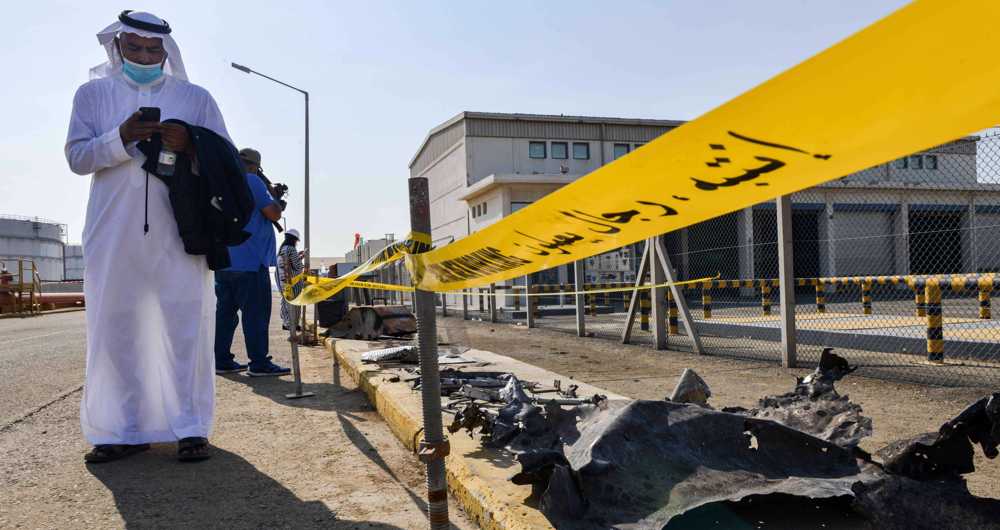

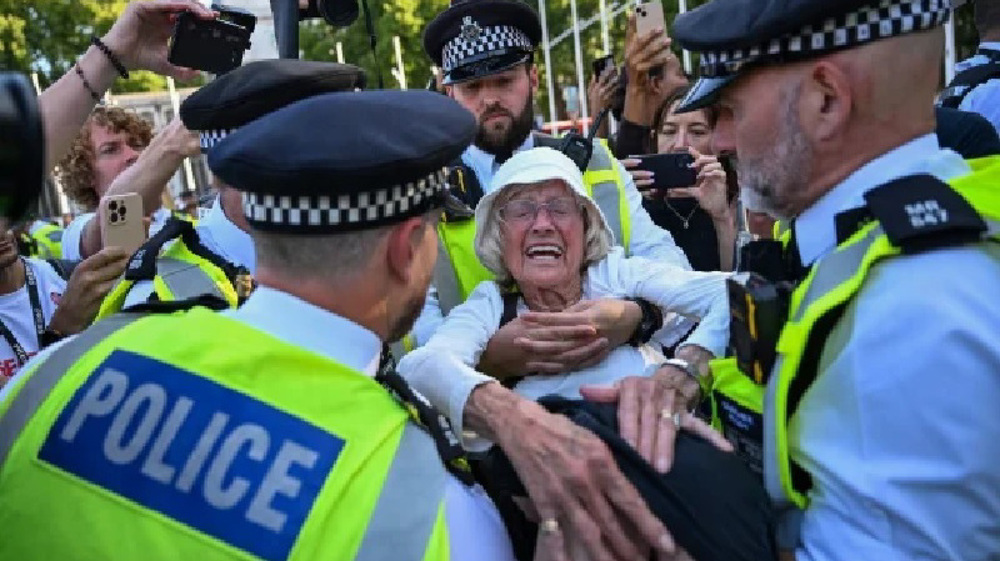
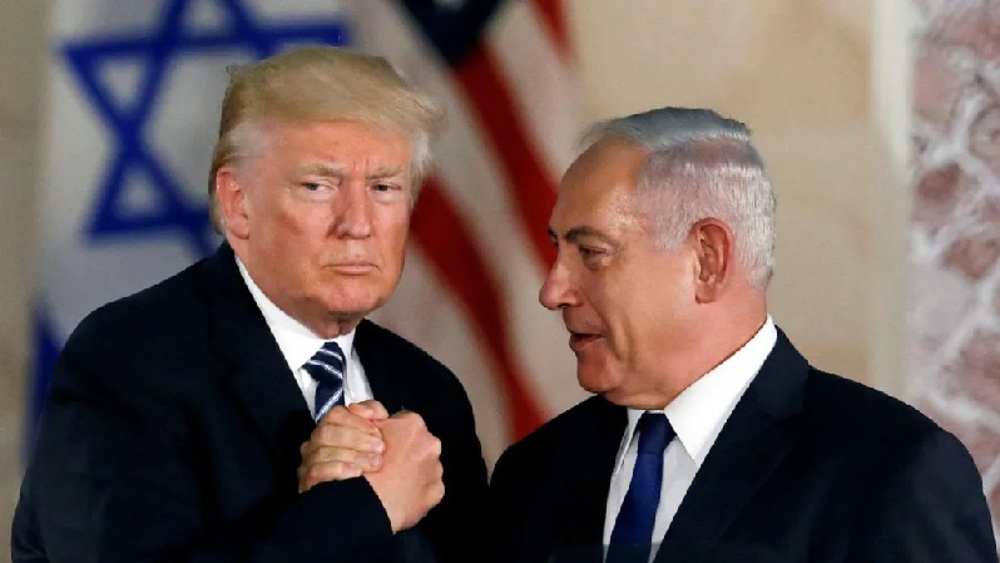
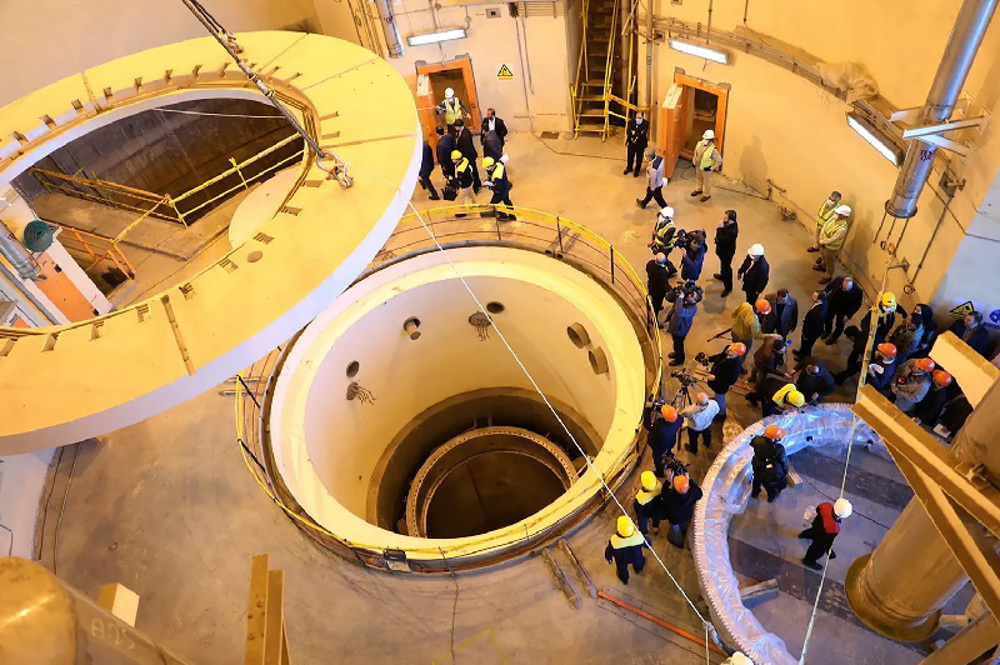



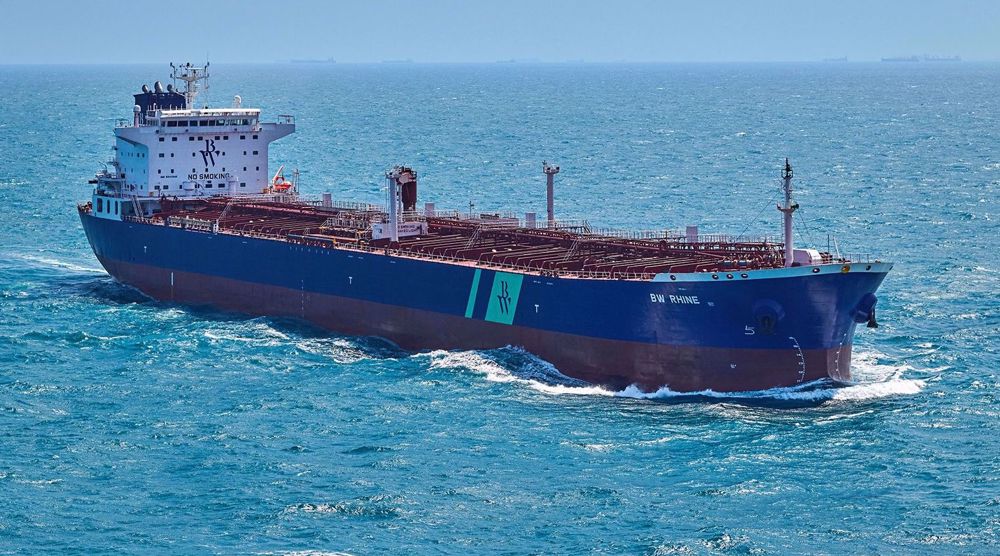
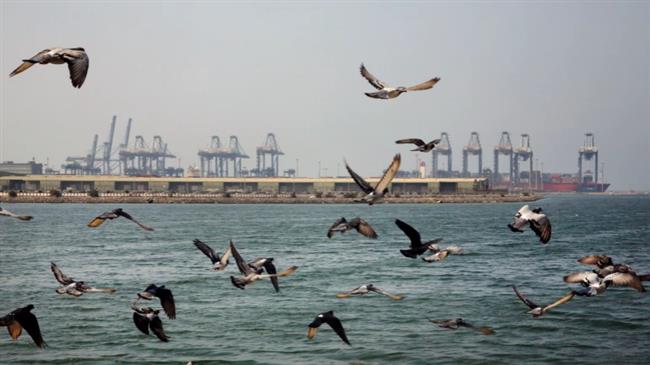


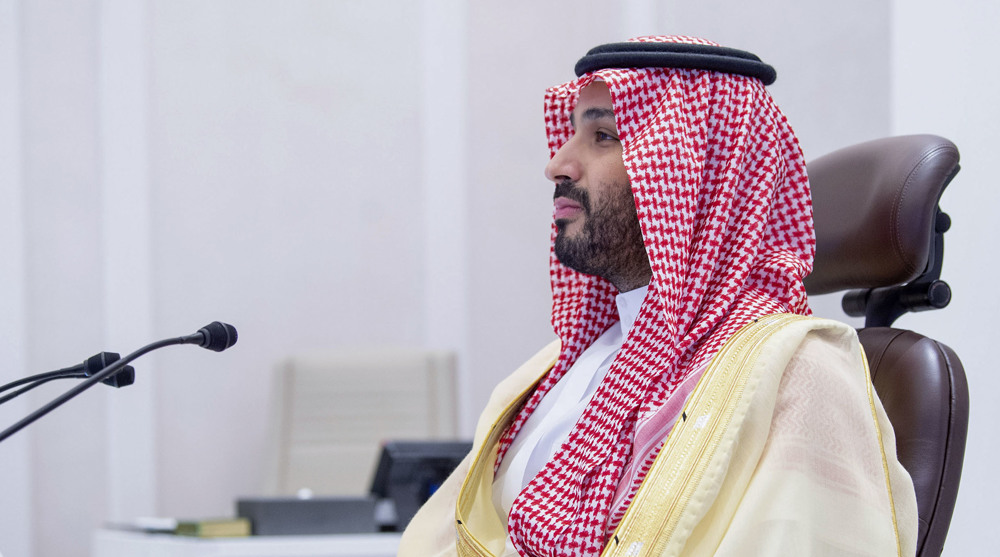
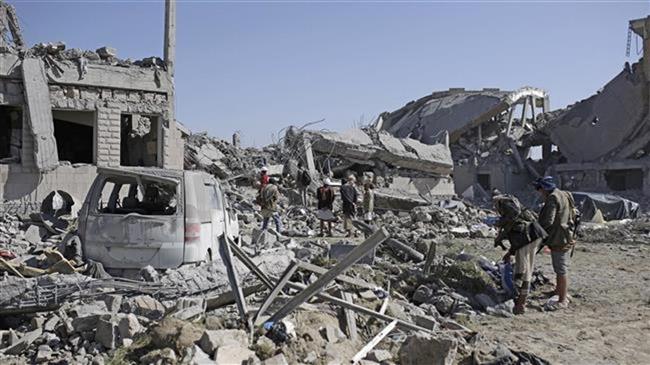
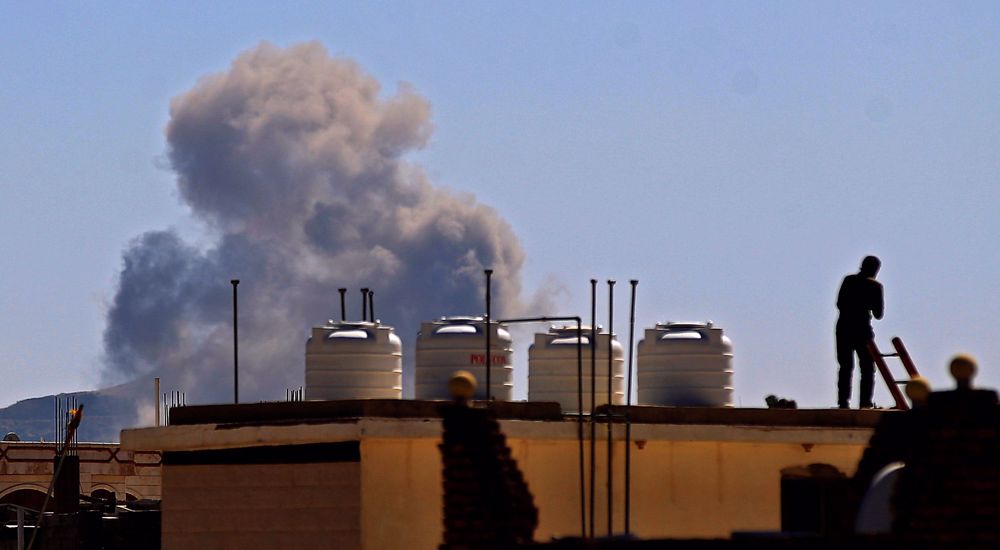
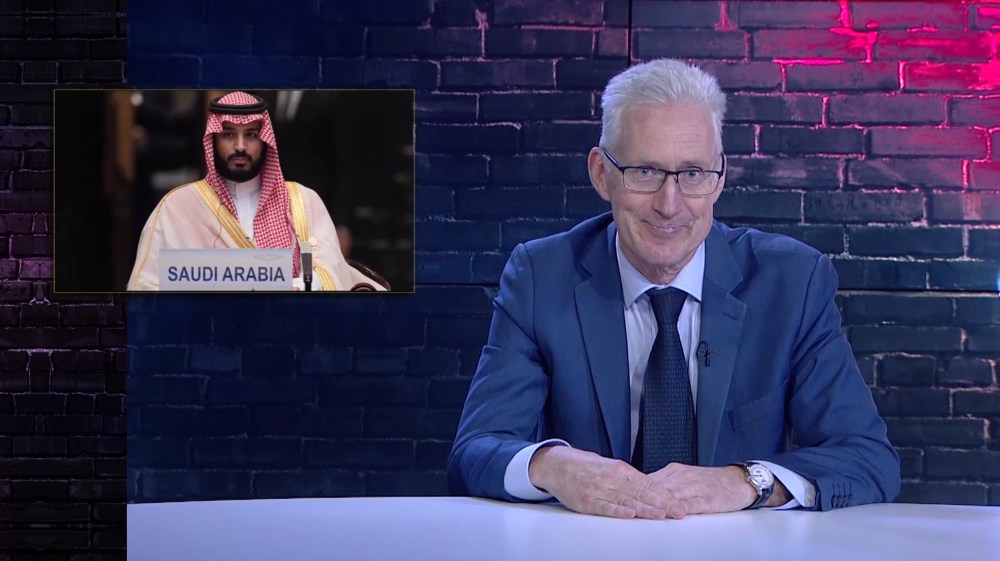

 This makes it easy to access the Press TV website
This makes it easy to access the Press TV website